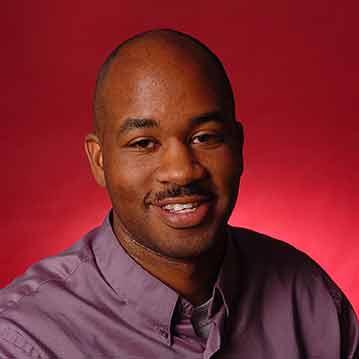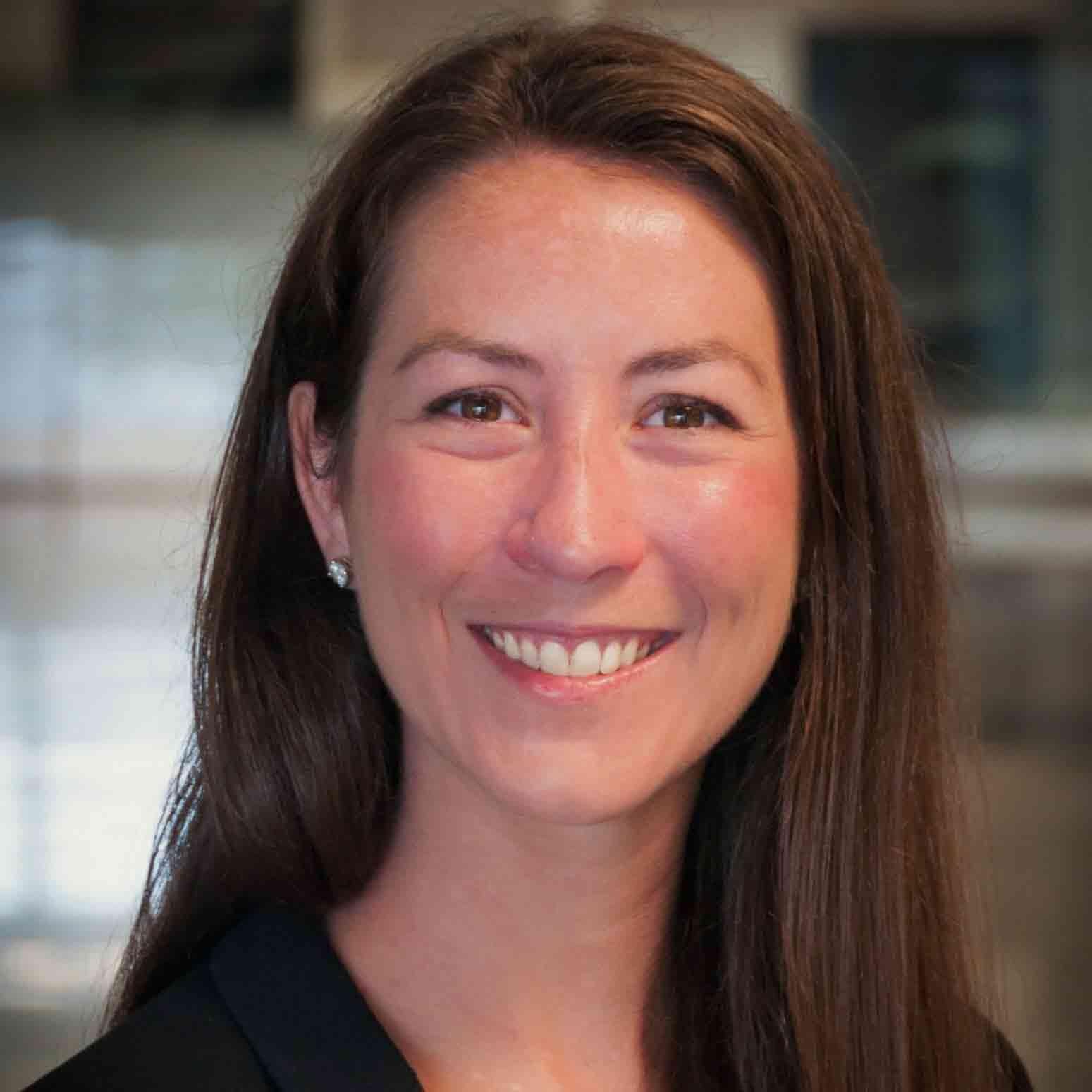Arts
Creative practice as personal expression and social commentary
Introduction
Art—in its infinite forms, functions and implications—is the most accessible and universal way of constructing meaning out of the world we inhabit.
The Arts Scholars program helps students gain a deeper understanding and appreciation of the role that art plays in society and in history. Through a mix of lectures, discussions, demonstrations, collaborative art-making and interactions with guest artists, students consider:
- How art can help us uncover our past and more readily imagine the possibilities of the future;
- How and why art may be used to make an impact or send a message; and
- What different works of art, and personal reactions to them, may signify.
Students will be challenged to conceptualize, articulate and present original ideas through a variety of methods, getting firsthand experience in creative problem-solving and project execution. Ultimately, students will strengthen their personal artistic skill and learn to appreciate a broad spectrum of art disciplines.
The Arts Scholars program attracts a diverse student population from a range of academic disciplines. No matter their area of artistic interest or skill level, students will find themselves immersed in a collaborative learning environment.
Colloquium and Lecture Topics
- What is art? What is “good” art? Understanding social definitions of art and their influence on artistic taste.
- How can we leverage the influence of artistic practice to constructively comment on the depth of our differences, our shared commonalities, and the nuances of identity as individuals and community members?
- What does research look like in the arts? Exploring common methods of creative and artistic research in the professional world.
- In what ways can we embrace creative approaches to identify, address and bring clarity to the societal challenges faced by “you,” “us,” “them” or “other”?
- How can art reshape or recontextualize understanding of our (individual and societal) learned history, biases and beliefs? How can it make visible the invisible?
- West African djembe: Exploring the role of music in community building, storytelling and cultural understanding
I have been challenged to think differently, work cooperatively, embrace creativity and, most importantly, go beyond the limits I have set for myself. Because of this program, I can confidently say I feel infinitely more prepared for the “real world,” and for that confidence and growth, I could never be more grateful.
Other Learning Opportunities
A variety of learning opportunities supplements the Arts curriculum. As an Arts Scholar, you will be introduced to artists, professional ensembles and world-class institutions each semester, through workshops led by guest artists; attendance at live performances in Washington, DC, New York City and on campus; and visits to the Smithsonian's renowned art and history museums.
In addition, you will get a chance to:
- Conceptualize, execute and present a capstone project of your choosing during your second year;
- Participate in service-learning with local schools and arts nonprofit organizations; and
- Cultivate valuable leadership and communication skills through peer mentoring and peer teaching opportunities.
Curriculum Overview
Over the two-year program experience (four semesters), students will complete up to 6 credits of supporting courses that will count toward your Arts Scholars citation. In most cases, these will also fulfill General Education requirements. Note that your Scholars courses—colloquiums, capstone practicum and supporting courses—will generally be in addition to any courses you take to satisfy major requirements.
The following represents a typical two-year curriculum, but individual schedules may vary. Details about courses and requirements can be found on the Arts Citation Checklist.
| SEMESTER | COURSE | CREDITS |
|---|---|---|
| Freshman Fall | Scholars Colloquium | 1 credit |
| Academic Writing (can be taken either Freshman Fall or Spring semesters) | 3 credits | |
| Arts Service Learning (Optional) | 2 credits | |
| 2–4 courses toward degree and major requirements (including possible supporting course) | 6–12 credits | |
| Freshman Spring | Scholars Colloquium | 1 credit |
| Arts Service Learning (Optional) | 2 credits | |
| 3–5 courses toward degree and major requirements (including possible supporting course) | 9–15 credits | |
| Sophomore Fall | Scholars Colloquium | 1 credit |
| 4–5 courses toward degree and major requirements (including possible supporting course) | 12–15 credits | |
| Sophomore Spring | Scholars Colloquium | 1 credit |
| Scholars Capstone | 2 credits | |
| 4–5 courses toward degree and major requirements (including possible supporting course if not already completed) | 12–15 credits |
Sponsoring College
Residence Hall
Bel Air Hall
Faculty


Social Media, Etc.
The Diamondback: UMD students' dance workshop highlights Japanese Butoh style, May 2022
Arts News
UNWIND Magazine Returns to Highlight Media Scholars and Terp Life at UMD–Expanded Spring 2026 Edition
COLLEGE PARK, MD – Following its successful relaunch in Spring 2025, UNWIND Magazine continues its momentum with the Spring 2026 issue, further amplifying the voices of students in the Media, Self and Society Scholars program at the University of Maryland. Building on last year’s return, the new edition expands the magazine’s storytelling with deeper reporting, fresh visual features and new perspectives on traditions and communities that shape campus life.Written, edited, and produced entirely by students, UNWIND remains a platform for emerging media professionals to explore the Terp experience–from untold campus stories to cultural touchstones to the evolving identity of Maryland today.
Mckinley’s Climb
In the “fireman’s carry,” a wrestler hoists an opponent over their shoulders before flipping them to the mat. It sounds like a move favored by mountainous pros like the Rock or the Big Show, but it’s also the favorite of a freckle-faced 5’5” Terp who stands among the nation’s best female collegiate grapplers.Then-freshman Mckinley Jovanovic, who is a Public Leadership scholar, won last year’s National Collegiate Wrestling Association (NCWA) Mideast regional tournament in the women’s 131-pound weight class—a first for a UMD woman in any class—and finished fifth in nationals to net All-American honors.
From Timeout to ‘Now a Terp’
Three local high school students attending the University of Maryland’s men’s basketball matchup vs. Penn State thought they’d been selected to play a “find Testudo” game at midcourt.What they found instead is their future for the next four years: Kingsley Nwogu, Laura Civillico and Joseph Southall were each handed letters welcoming them to UMD’s Class of 2030. Laura and Joseph were also the first to discover they had been invited to College Park Scholars.
PL Alum Tapped to Lead State Government Relations
The University of Maryland recently named Maryland Delegate Jazz M. Lewis as its director of state government relations. As director, Lewis will serve as the university’s primary liaison to state and local officials, working closely with senior leadership, faculty and campus partners to advance UMD’s priorities.Lewis is a two-time graduate of the University of Maryland, earning a Bachelor of Arts in government and politics and a Master of Public Policy degree. As an undergraduate, he participated in College Park Scholars’ Public Leadership Program, an experience he credits with launching his career in public service.
14th Good Neighbor Day engages volunteers
Students from Data Justice were among many College Park Scholars programs participating in the 2025 edition of Good Neighbor Day throughout the city of College Park and surrounding areas.
